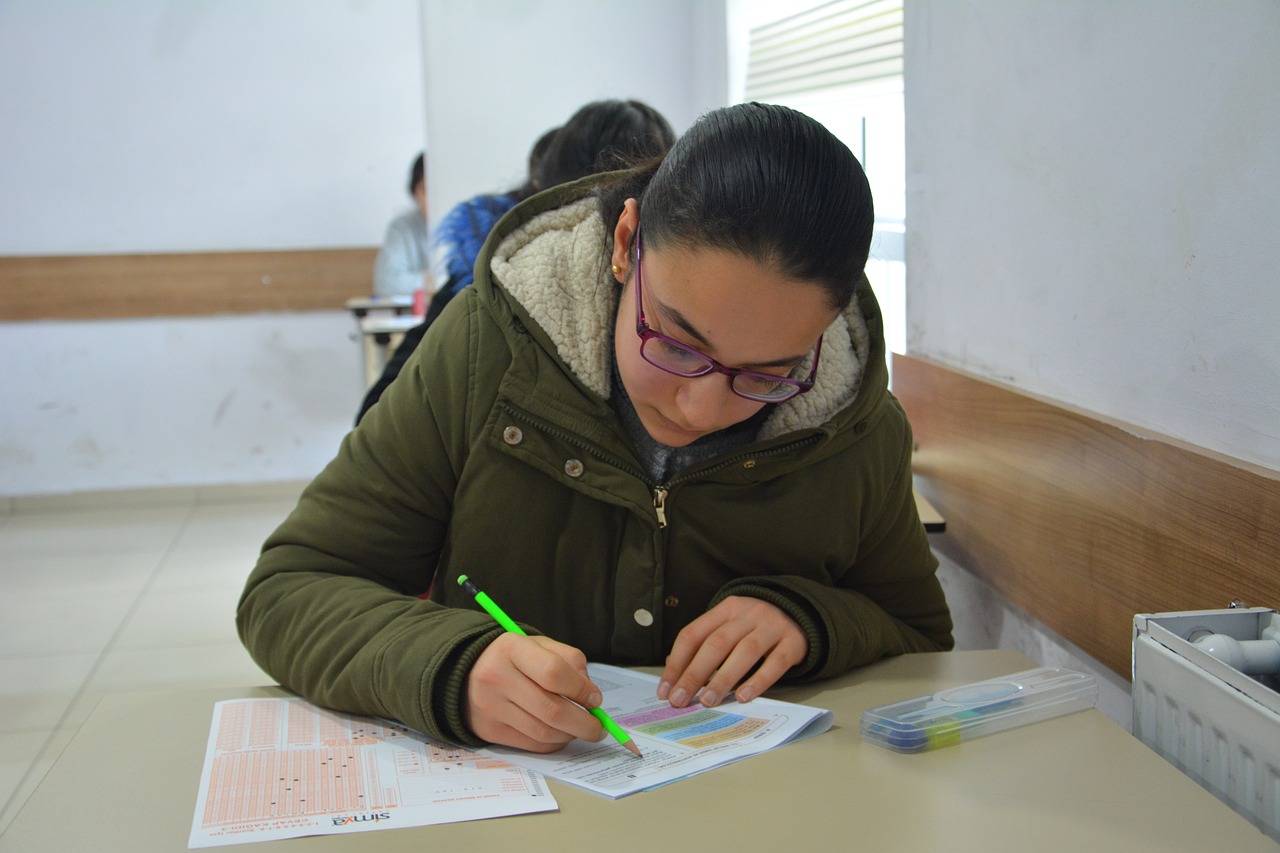Navigating the Transition from High School to College: Challenges and Strategies
Adjusting to a new academic environment can bring about a myriad of challenges for students during the transition period. The sudden shift in routines, class structures, and social dynamics often leads to feelings of uncertainty and overwhelm. Students may struggle to adapt to the pace and expectations of their new learning environment, which can impact their overall performance and well-being. Additionally, navigating the unfamiliar campus layout, getting acclimated to different teaching styles, and forging new social connections can all contribute to the challenges faced during this critical transition phase.
Moreover, the lack of familiarity with the academic rigor and standards of the new educational institution can be a significant hurdle for students. The increased workload, higher expectations, and different grading criteria may leave students feeling unprepared and anxious about their ability to meet the demands of their courses. As a result, many students may experience a sense of academic pressure and self-doubt, which can hinder their academic progress and confidence in their abilities. Finding strategies to overcome these challenges and seeking support from peers, faculty, and academic resources are vital for students to successfully navigate the transition period and thrive in their new academic environment.
Understanding Academic Expectations
Understanding academic expectations is crucial for success in any educational setting. As students navigate through their academic journey, they encounter a variety of challenges that stem from these expectations. It is important for students to familiarize themselves with the specific requirements and standards set by their instructors and academic institutions. This can include understanding the grading criteria, assignment guidelines, and overall expectations for participation and engagement in class.
Moreover, having a clear comprehension of academic expectations helps students set realistic goals and benchmarks for their academic performance. By understanding what is required of them, students can better tailor their study habits and strategies to meet these expectations. This can lead to improved academic outcomes and a more fulfilling learning experience overall.
Managing Time and Prioritizing Tasks
Effective time management and task prioritization are essential skills for academic success. Students often struggle to juggle their coursework, extracurricular activities, and personal responsibilities. Without proper planning and organization, it can be overwhelming to meet deadlines and keep up with academic demands.
One common challenge is the temptation to procrastinate, which can lead to last-minute cramming and lower quality work. To overcome this, students can break down tasks into smaller, more manageable steps and create a schedule with specific deadlines for each. By setting aside dedicated time for studying, completing assignments, and reviewing material regularly, students can stay on track and avoid the stress of rushing to finish tasks at the last minute.





